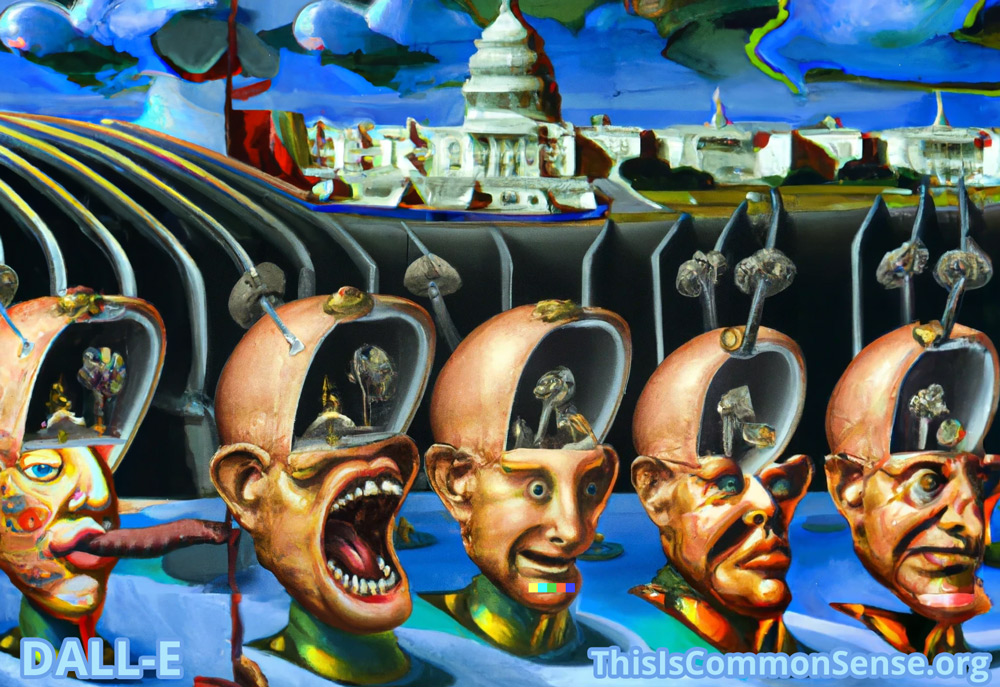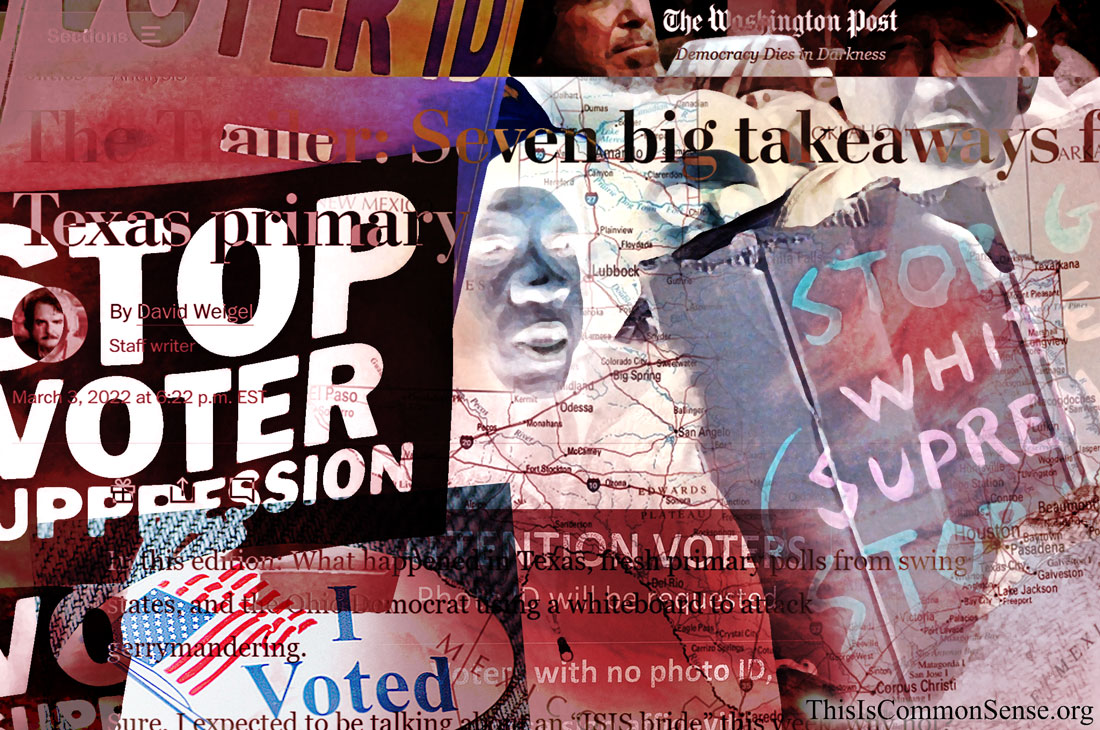Nashville’s Metro Council? I’m no fan. But I do like the people of Nashville.
That’s where I differ from Tennessee’s Republican-dominated state legislature.
My beef with the Metro Council (discussed in this Wall Street Journal op-ed) is the fact that, after term limits were passed back in 1994, the council has forced voters to say “No” to five different ballot measures referred by the council (1996, 1998, 2002, 2015, 2018) to weaken or abolish their own limits.
“No” is a tough concept for them to grasp.
One of those failed council-sponsored measures even offered to reduce the size of the council from 40 to 27 in hopes voters might see that provision as positive — “give the public something,” said one pol — to divert from the council’s self-servingly unpopular attack on term limits.
The GOP-controlled state legislature, on the other hand, is very angry at Nashville’s liberal Democratic politicians for blocking the Republican National Convention from being held next year in Music City. It sure seems a vindictively partisan move, costing people who own Nashville restaurants and hotels a sizeable bit of income.
So, back in March, the Tennessee Legislature passed a new law cutting Nashville’s council from 40 to 20 members.
That’ll teach ’em, eh?
Were only the tender feelings of Nashville’s dishonorable honorables in jeopardy, I wouldn’t complain. But the ratio of us citizens to our elected representatives is critical.
As Citizens Rising head Stephen Erickson aptly put it, “The state government of Tennessee recently decided that the people of Nashville should be less well represented.”
For the moment, thankfully, a three-judge panel in Tennessee has paused the legislature’s anti-representation scheme pending the outcome of a legal challenge.
But our representatives should be working to improve representation, not hobble it.
This is Common Sense. I’m Paul Jacob.
Illustration created with PicFinder.ai and DALL-E2
—
See all recent commentary
(simplified and organized)






